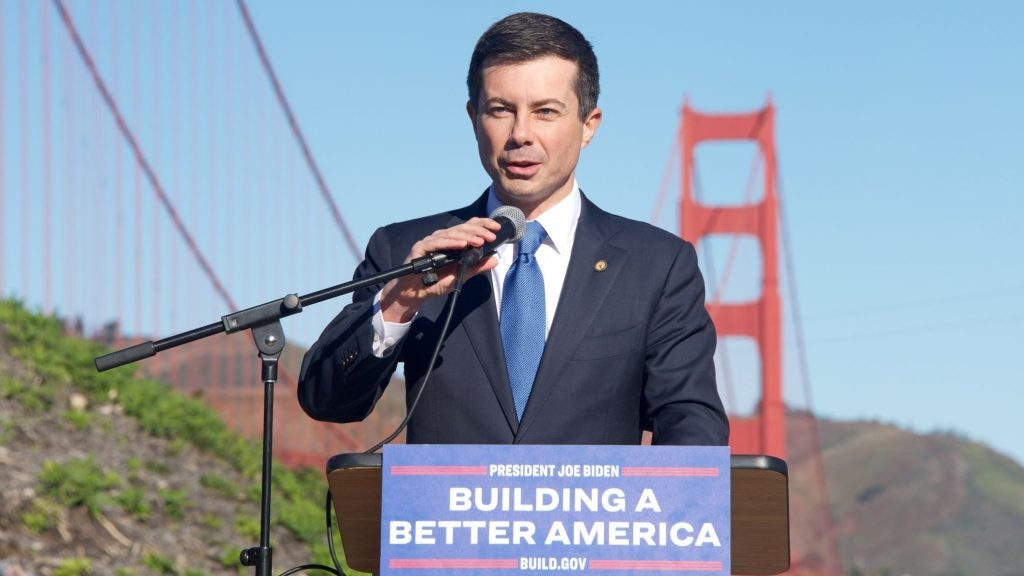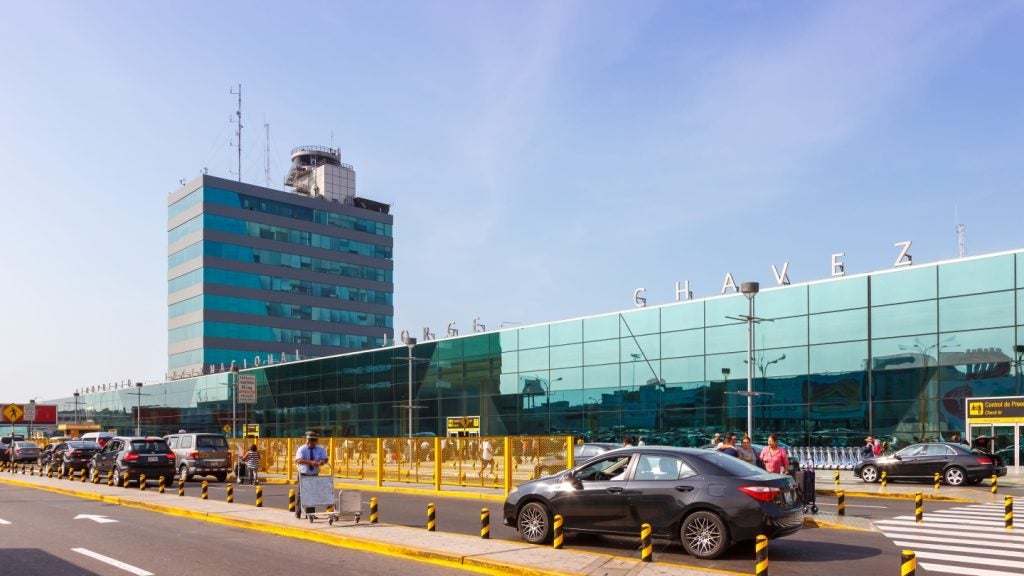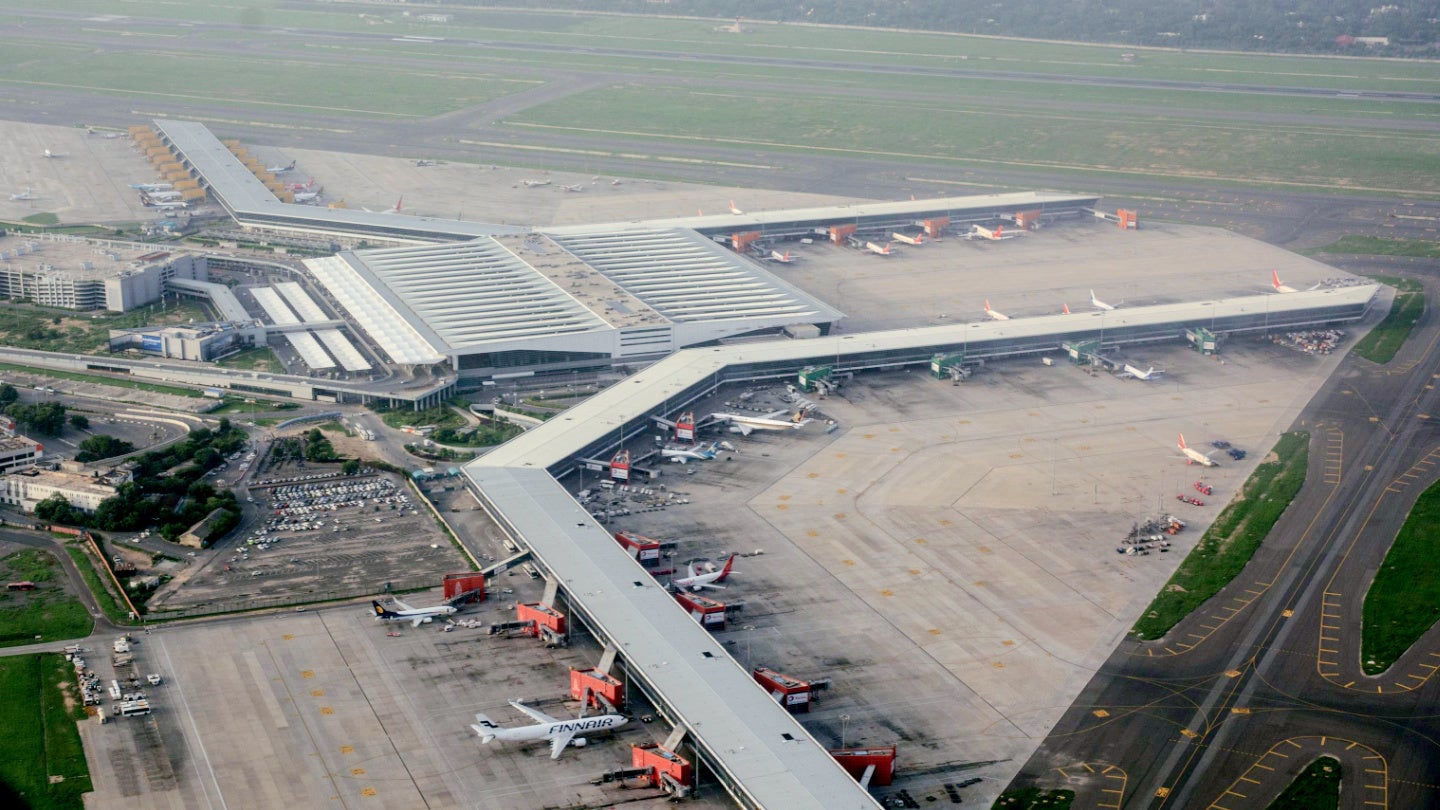
The air transport industry in India is one of the fastest growing in the world and the third largest in terms of passenger volume by estimation, according to GlobalData’s construction database.
Unsurprisingly, India’s airport construction project pipeline is the second most valuable in Asia, second only to China and the most valuable in South Asia with a worth of over $32bn.
With that said, here are the ten biggest airport projects in India, what they entail, who’s involved and when they’re expected to finish.
10: Chennai International Airport Upgrade, Chennai: $345m (Rs28bn)

The first project in the top ten involves the 5th busiest airport in India and one of the oldest in the country, having been in some form of operation since 1930. Chennai International, owned by the Airports Authority of India, consists of two runways and three terminals, one of which has just finished its first stage of construction in April 2023.
How well do you really know your competitors?
Access the most comprehensive Company Profiles on the market, powered by GlobalData. Save hours of research. Gain competitive edge.

Thank you!
Your download email will arrive shortly
Not ready to buy yet? Download a free sample
We are confident about the unique quality of our Company Profiles. However, we want you to make the most beneficial decision for your business, so we offer a free sample that you can download by submitting the below form
By GlobalDataSee Also:
The new integrated terminal will replace the existing older terminals 2 and 3 upon the completion of its second stage and bring the airport’s capacity up to 23 million passengers a year. Whilst there had also been plans to build a third runway for the airport, the proposal of a new greenfield airport in nearby Parandur meant those plans were put on hold.
In addition to the new passenger-focused expansions, a new integrated cargo terminal will also increase the airport’s cargo capacity by expanding its cargo area from 35,920m² to 54,620m². The whole project is expected to finish construction by the end of 2024.
9: Mysore Airport Runway Expansion, Mysore: $420m (Rs34bn)
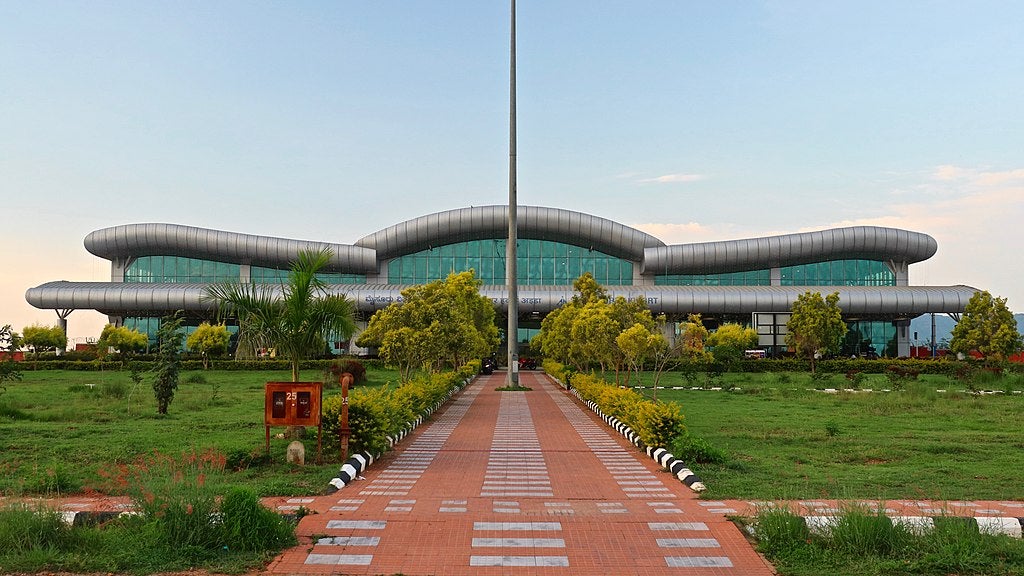
Mysore Airport’s history dates back to the 1940s when it was constructed by the Kingdom of Mysore but the current terminal began operations in 2010, though a poor response from passengers led to the ceasing of flights until the Indian government began its regional airport scheme.
The runway expansion, extending Mysore’s runway from 1,740m to 2,750m and then 2,795m, will allow the airport to host popular larger jet aircraft such as the Boeing 737 and Airbus A320. However, the second extension has been hampered by the presence of a railway line at the west end of the runway and a national highway at the east end which would need diverting.
Though Mysore’s terminal can only host 200 passengers at a time, or approximately 190,000 a year, the extension of the runway has led the government to upgrade Mysore to an international airport. The whole project is expected to finish by 2027.
8: Bhogapuram Greenfield International Airport, Vizianagaram: $593m (Rs49bn)
The first brand-new airport development in the top ten, Bhogapuram Airport, also known as GMR Visakhapatnam International Airport, began construction in May 2023 and is expected to be completed in early 2025.
The airport will cover an area of 2,203 acres, consisting of one terminal and one 3,800m long runway. It will serve 6 million passengers a year after the completion of Phase 1 and 18 million passengers after Phase 3.
Owned by GMR Group, the project will be built in a public-private partnership with Andhra Pradesh Airports Development Corporation (APADCL) and the government of Andhra Pradesh. Additionally, APADCL has signed a memorandum of understanding with the Indian Navy which has agreed to move the existing Visakhapatnam Airport civil enclave to Bhogapuram.
7: Rajiv Gandhi International Airport Expansion, Hyderabad: $700m (Rs57bn)
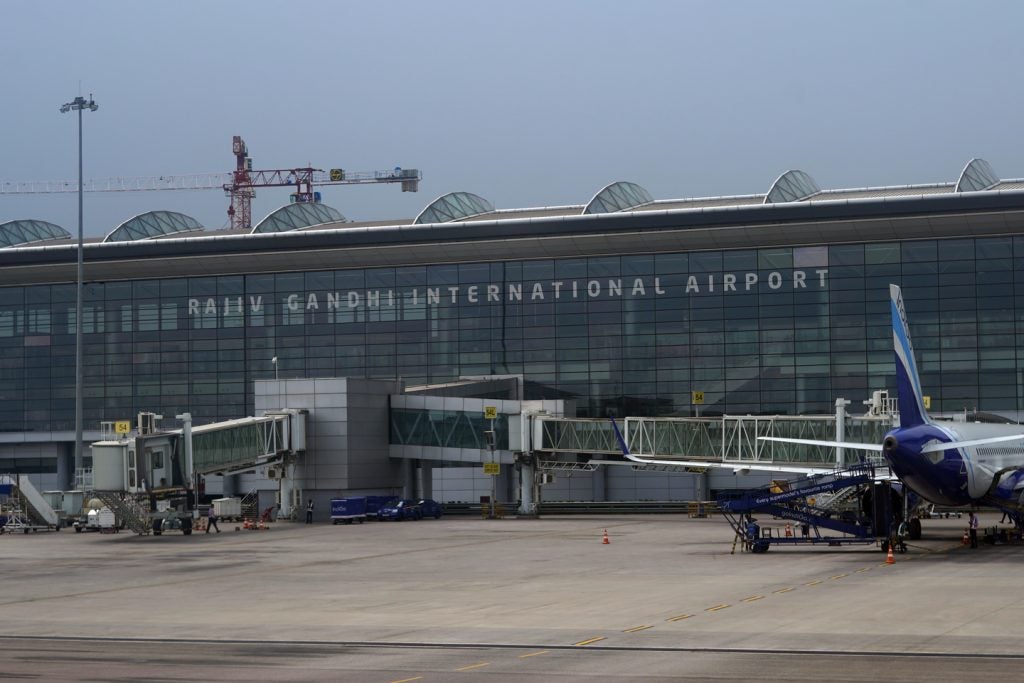
India’s first greenfield airport built under a public-private partnership and the fourth busiest airport in the country, Rajiv Gandhi International has been operating since 2008 and serves around 20 million passengers a year.
The expansion of the airport will bring its capacity up to 30 million passengers and is expected to be completed later in 2023. Larsen and Toubro and Megawide Construction Corporation have been working on the expansion on behalf of the airport’s majority owner GMR Group.
The airport has two runways and a large integrated passenger terminal which was expanded during the recent works, Rajiv Gandi International has also increased its number of parking bays from 57 to 83.
6: Lalitpur Airport Development, Lalitpur: $1bn (Rs82bn)
The Lalitpur Airport development is a longstanding project attempting to make use of an airstrip built in Lalitpur during the Second World War, which has been left defunct ever since.
Plans have been proposed for the site multiple times but the Uttar Pradesh government approved a development in March 2021. It will initially cater towards smaller aircraft as a domestic airport site but it is hoped that the site could eventually become an international destination.
Owned by the Airports Authority of India, the site will cover around 90 hectares and provide a boost for the Bundelkhand region by becoming its fourth airport.
5: Indira Gandhi International Airport Expansion, Delhi: $1.4bn (Rs115bn)
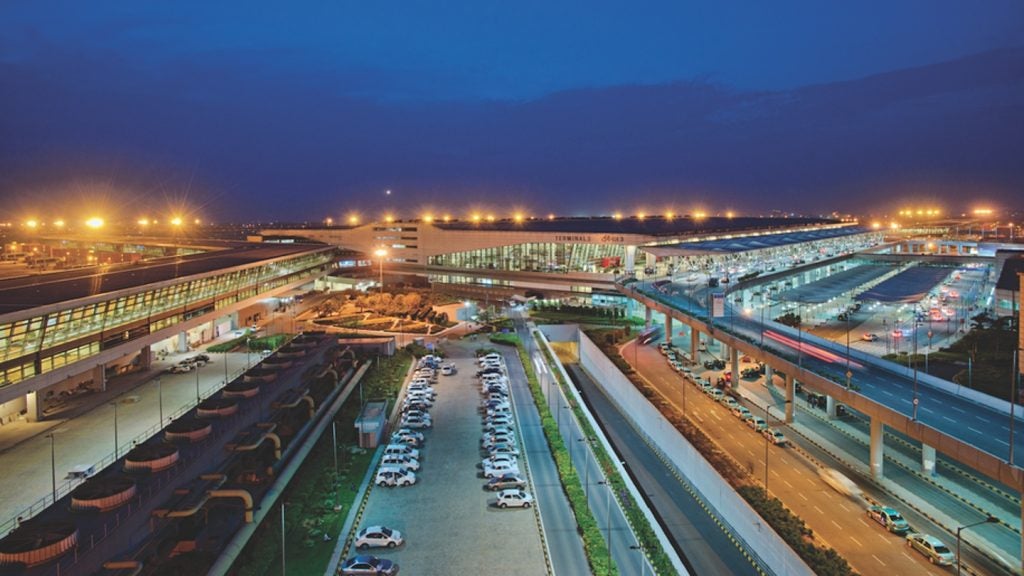
Currently the busiest airport in India and the ninth busiest in the world, Indira Gandhi International’s expansion has increased its capacity even further with 65 million passengers passing through the three terminals in 2022.
Managed by the airport’s owner GMR Group, the expansion is largely complete with the third terminal opening in 2010, another cargo terminal built and a fourth parallel runway expected to be finished in September 2023.
A second airport for the area, Noida International Airport, is also being built to ease traffic congestion at Indira Gandhi International.
4: Kempegowda International Airport Expansion, Bengaluru: $1.9bn (Rs156bn)
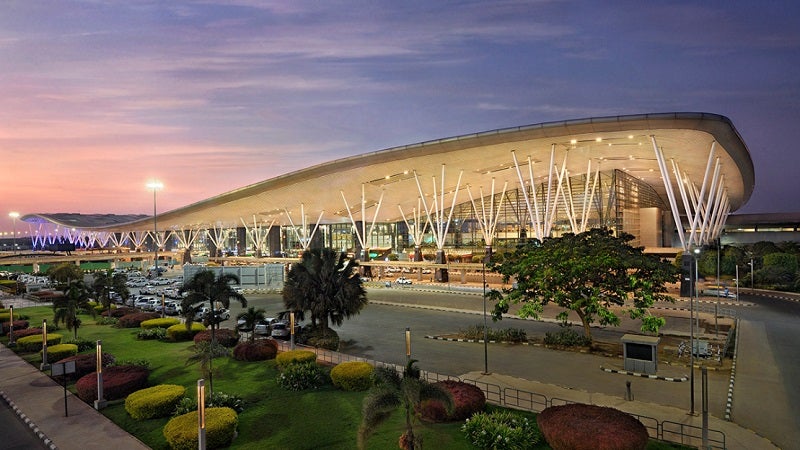
First opened in 2008, Kempegowda International is India’s third busiest airport and is only getting bigger, with a second terminal already in operation and a third proposed to begin construction in the next decade along with a third runway.
Terminal 2 began operations in January of this year and, after the second phase of expansion, will bring the airport’s passenger handling capability up to 55 million passengers a year. It will also soon handle all international operations.
The airport is operated by Bangalore International Airport, which is majority owned by Fairfax India Holdings, with Unisys Corp so far working on the construction of the second terminal as management contractor.
3: Navi Mumbai International Airport, Mumbai: $2.3bn (Rs189bn)
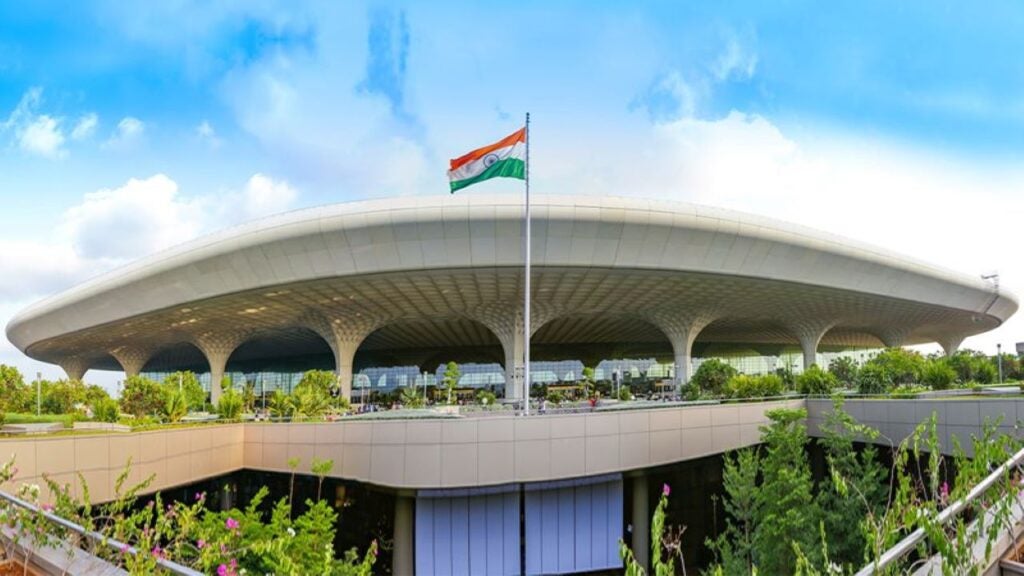
A new airport for Mumbai, the Navi Mumbai International Airport will become the second airport in the metropolitan region, serving alongside the existing Chhatrapati Shivaji Maharaj International Airport which is the second busiest airport in India.
The new site will cover a 1,160-hectare area consisting of three passenger terminals and a domestic and international cargo terminal with two runways. It will be capable of handling 25 million passengers a year after the first phase of construction in 2025 and 90 million passengers when fully expanded after the third phase.
City and Industrial Development Corporation is behind the construction of the project along with Adani Airports Holdings Limited. Navi Mumbai International also forms a part of the plans for the proposed Mumbai-Hyderabad high-speed rail line, which would begin a terminal station in the airport.
2: Sardar Vallabhbhai Patel International Airport Expansion, Ahmedabad: $2.4bn (Rs197bn)
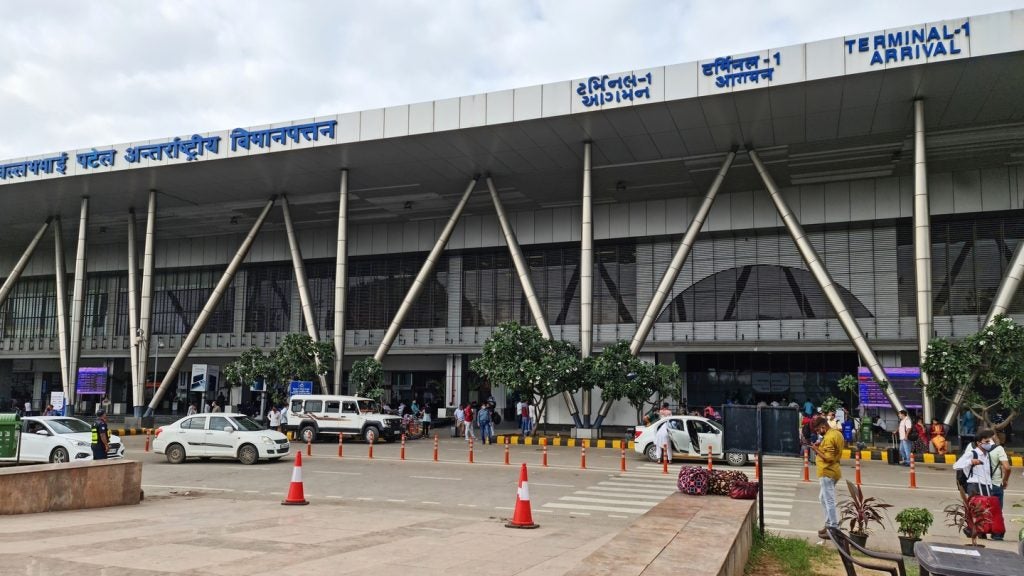
The major expansion of the Sardar Vallabhbhai Patel International Airport will see a third passenger terminal and a new cargo terminal added to the airport’s site in response to growing passenger numbers.
Construction on the project started in mid-2022 and is expected to finish in 2026 with Suroj Buildcon Pvt. appointed as the construction contractor by the airport’s parent company Adani Airport Holdings.
Due to limited space at the Ahmedabad airport site, the Airports Authority of India will be constructing another airport in the nearby city of Dholera to help ease congestion at Sardar Vallabhbhai Patel, which is expected to remain busy even after the expansion is finished.
1: Noida International Airport, Jewar: $4.2bn (Rs345bn)

Easily the biggest airport project currently in progress in India, the Noida International Airport first broke ground in 2021 and is expected to be fully completed in 2040. It is being developed by Yamuna International Airport Private Limited, a subsidiary of Zurich Airport International AG.
Also known as Jewar International Airport, the huge project will include an initial two runways to cover 12 million passengers a year by 2024 before slowly expanding over the next three decades to become a six-runway airport capable of handling 60 to 120 million passengers a year, making it India and Asia’s largest airport and the fourth largest in the world.
It is hoped that the airport will improve the connectivity between Noida, Western Uttar Pradesh, Delhi and the National Capital Region by easing the high traffic load at the Indira Gandhi International Airport in Delhi. Noida International also has plans to become the country’s first net-zero airport.




